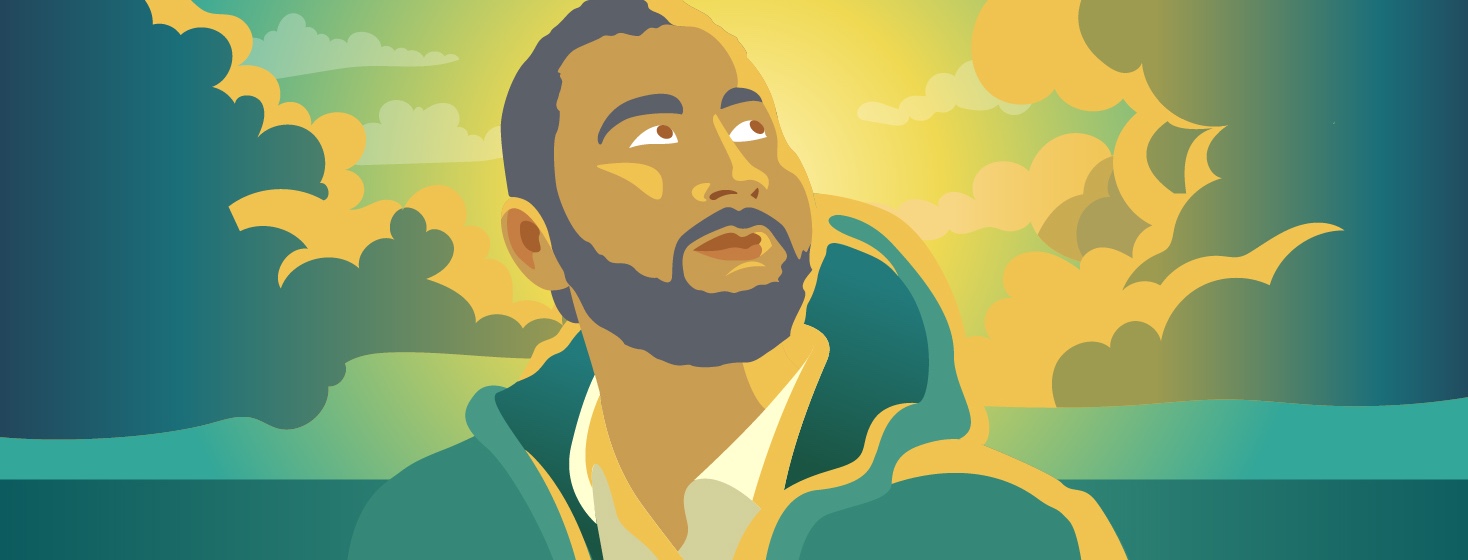Fighting the "Good Fight"
I was with a friend recently who was diagnosed with De Novo advanced stage prostate cancer six years ago at the age of 49. He was telling me that, out of the twenty or so men that he knew who were diagnosed at around the same time as us, only he and I are still alive.
Why we may still be here
His thoughts were that we are both still alive because we both still run regularly. There may be a grain of truth in that, but I think it’s largely down to the fact that we’ve both responded well to our treatments. We are both on Prostap three monthly jabs, plus Abiraterone and Prednisolone, and have both been on those drugs for about the same length of time, just over four years.
However, I am convinced that the exercise helps us cope much better with the treatment side effects, and thus prolong our prognoses.
Thinking about those we've lost
But what about the other twenty men who weren’t as lucky as us? Did they lose their fights against cancer? Did they pass away after a short but brave battle with cancer? Did they not have enough positivity, which ultimately led to their deaths?
There you have it, the awful use of battle and war metaphors being used to describe the end of a person’s life, and implying that they didn’t fight hard enough or weren’t positive enough. This is something that I really detest.
When my sister died of breast cancer at the age of 53, it wasn’t because she wasn’t brave enough or didn’t battle hard enough. It was because she ran out of treatment options. And when I speak about her cancer journey, I say that she took the cancer with her to her grave and thus killed it off.
Battle metaphors don't help
What is clear, I think, is that the use of battle metaphors can be detrimental to a cancer patient’s care. Researchers have found that such metaphors can lead to feelings of guilt or failure.1
I strongly believe that the use of such metaphors should be avoided when talking about our cancer journeys, particularly by healthcare professionals, but also by friends and families. Yet we still see it being used in obituaries and eulogies!
I don’t want my friends and family to be told, after I’ve died, that I was “so brave in my battle against cancer.” Regrettably, for those of us living with stage four, it’s a battle that we just can’t win unless there’s a miracle cure on the horizon, and that certainly doesn’t look likely in the near future.
Being positive
Let’s also think about being positive. It won’t stop me from dying of my stage four cancer; that’s for certain! However, I do think it helps me to cope better with the day-to-day impact of living with stage four and the awful side effects of treatments for it.
Being negative certainly doesn’t help and can lead to a downward spiral. It does bug me, though, when people say “stay positive,” as if it’s a miracle cure. I think it’s really important, though, to live with hope because, without hope, we are hopeless. I also feel very strongly that taking control of my cancer, rather than letting it take control of me, has had a much better impact on me than being told to “fight harder” or “be more positive.”
Taking control of my cancer
I made the choice to take control of my cancer, and for me that means exercise, having a positive outlook (rather than a negative one), and living the rest of my life, however long that may be, to my absolute best. That’s a message people should listen to before they get a terminal diagnosis like me!

Join the conversation